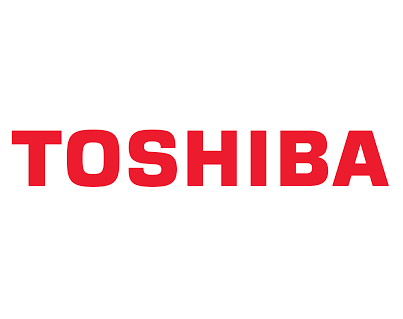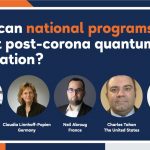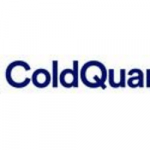Toshiba Joins Chicago Quantum Exchange for Quantum Internet Rollout

(By Becky Bracken) Toshiba is aiming to capture a quarter of the quantum networking market which the company anticipates will top $20 billion by FY 2035 with their Quantum Key Distribution as a service model. To get there, the company plans to have both the hardware and software platforms ready to deliver QKD as a service by 2025.
QKD lets two parties communicate securely by exchanging unique quantum “keys,” eliminating concerns the data will be exposed or intercepted. Toshiba has been developing the technology since 2002.Taro Shimada from Toshiba laid out the company’s plans during the Inside Quantum Technology conference keynote on Wednesday and announced its brand new partnership with the Chicago Quantum Exchange to roll out its QKD test bed across its existing 250 miles of quantum network fiber.
“Toshiba is working ahead to develop a global platform for quantum communications,” Shimada told the audience. He added the service has already attracted interest from industries including government, finance, healthcare, and data center, who he described as “Keen to secure their internal networks.”
Shimada said the partnership was Toshiba’s first foray into the American market. The Japanese company already operates QKD test beds overseas with British Telecom and other organizations.
Joining the CQE will also help Toshiba form relationships with the commercial, academic and Department of Energy national lab partners members necessary to gain a foothold in the American quantum communications market.
“We are building a quantum community,” David Awschalom from the CQE, who joined Shimada for the announcement, said.
There are several existing challenges ahead to overcome before the quantum internet can be practically useful and scalable, Shimada and Awschalom explained.
“Repeating is really the biggest element,” Shimada said. “Because once you overcome that, you don’t need the trusted node.”
Awschalom went a bit farther and referred to quantum repeaters as the “Holy Grail” of the quantum internet.
Shimada added figuring out transfer rates was also a priority for developing a practical quantum internet.
While anyone working on research and development on quantum technologies is hesitant to give timelines, Shimada said in the next decade, hybrid internets with both quantum and classical technology will start to emerge.
When asked who will be best suited to put these hybrid communications systems to work, Shimada’s response hinted at the kind of earth-shaking data security revolution these technologies are poised to usher in. He simply said the quantum internet and the security it promises will be important for “People who aren’t comfortable about someone looking at your data.”



















